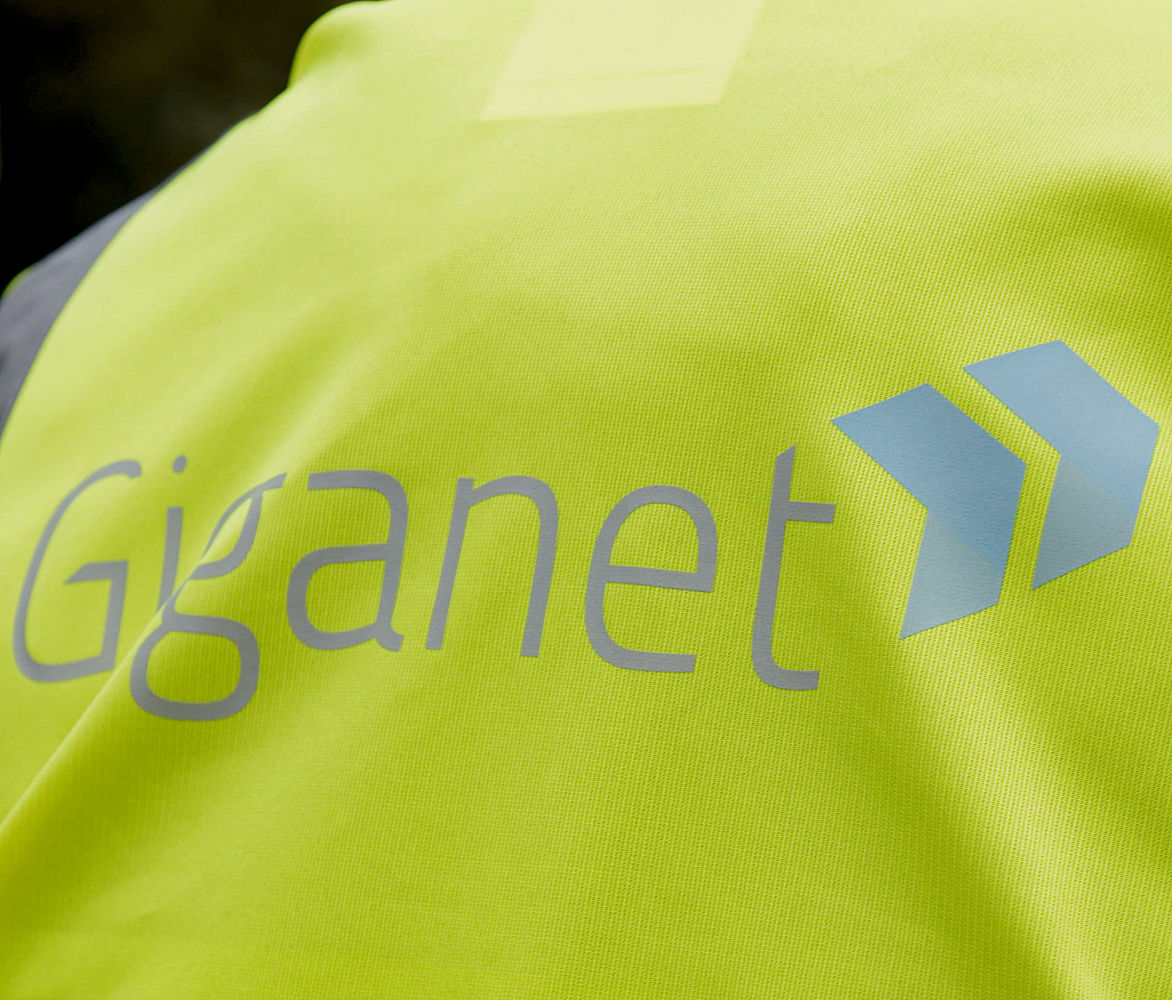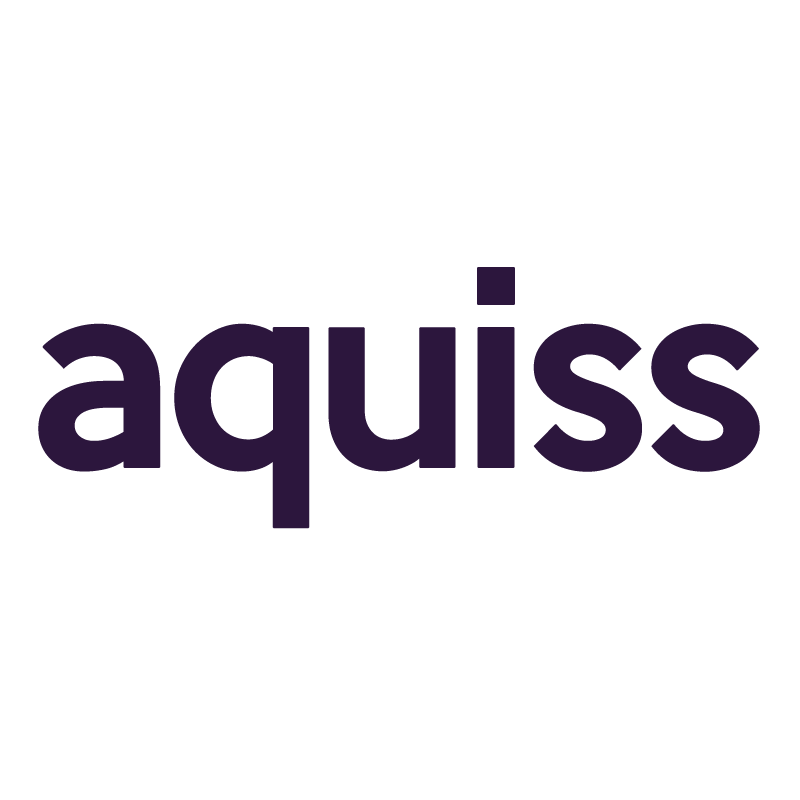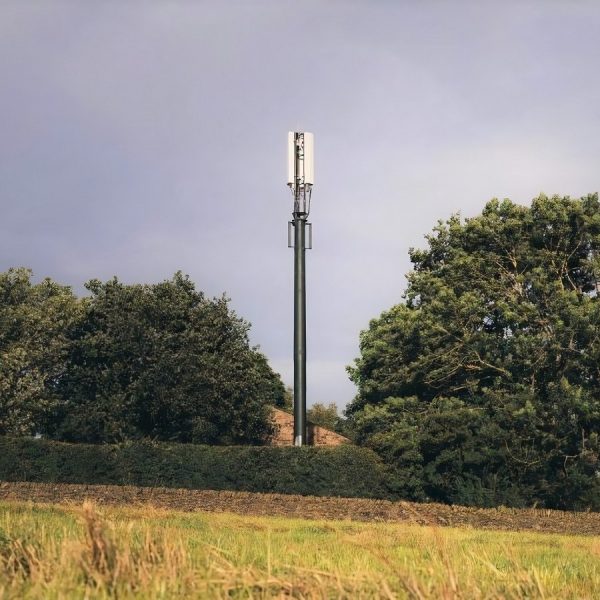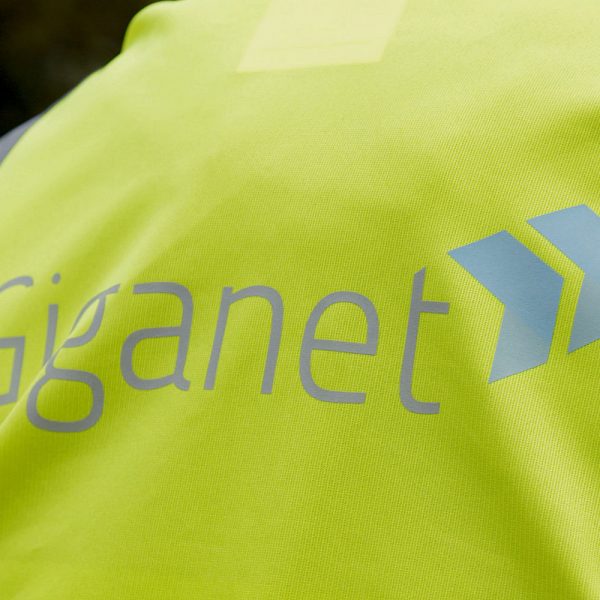New EU Rules to Protect Open Internet, Cut Mobile Prices and Boost Broadband
The European Commission (EC) has published its official proposal for the construction of a new EU Single Telecoms Market, which promises even cheaper mobile roaming charges, stricter guidelines to help safeguard open internet access (Net Neutrality) and new measures to boost superfast broadband development.
The telecoms sector currently makes up 9% of Europe’s digital economy but the EC thinks this can be improved through a variety of new measures. In terms of general regulation the good news, at least for Ofcom’s sake, is that plans to adopt a single pan-European regulator to rule them all have been shelved in favour of new proposals to help streamline market regulation.
The EC has proposed a single authorization approach for operating in all 28 member states (as opposed to firms having to seek 28 separate authorisations) and some harmonisation of the way that telecoms operators can rent access to networks owned by other companies (e.g. BT) in order to provide a competing service. The latter proposal is largely already available in the UK (e.g. LLU, PIA etc.).
José Manuel Durão Barroso, President of the EC, said:
“We will formally adopt a proposal that gives a push towards a single market for telecoms. Citizens know that Europe has dramatically brought down their costs for roaming. Our proposal will strengthen guarantees and lower prices for consumers, and present new opportunities for companies.?”
Neelie Kroes, EC Vice President, said:
“The legislation proposed today is great news for the future of mobile and internet in Europe. The European Commission says no to roaming premiums, yes to net neutrality, yes to investment, yes to new jobs. Fixing the telecoms sector is no longer about this one sector but about supporting the sustainable development of all sectors.”
Cheaper Mobile Roaming
Europe has already introduced a variety of measures that have been designed to force the price of mobile roaming within the EU, both at a retail and wholesale level, down significantly by 1st July 2014. As a result Mobile Network Operators (MNO) from across the continent are currently expected to adhere to the following base costs (in Euro cents).

The question is, what comes after 2014? The European Commission envisages a continent where consumers no longer have to pay excess charges when they “roam” between different EU states, which has been bitterly contested by mobile operators that don’t want to see their profits being wiped out during a time of weak economic growth.
The association of European Telecommunications Network Operators (ETNO) has estimated that an EU-wide abolishment of roaming fees would result in the loss of around €7 billion by 2020. But the EC suggests that cheaper roaming would separately boost the economy by making it affordable for EU citizens to go online while abroad and thus become more productive.
Proposed Roaming Changes
* Incoming call charges while travelling in the EU would be banned from 1st July 2014. (operators would have to either offer a pan-European plan or allow their customers to opt for a separate roaming provider who offers cheaper rates and without having to buy a new SIM card).
* No more international call premiums within Europe. (operators cannot charge more for a fixed intra-EU call than they do for a long-distance domestic call and for mobile intra-EU calls the price could not be more than €0.19 per minute (plus VAT)
It’s understood that a similar approach for mobile broadband data and texts could be adopted but at the time of writing we’re still working our way through the extensive documentation to find out.
Protecting the Open Internet
Most ISPs will tell you that the principal of Net Neutrality (i.e. treating all internet traffic as equal) is all well and good but it doesn’t usually reflect the reality of how network data traffic is controlled and adjusted in a live environment, especially when the limited capacity of cheaper services needs to be shared between many customers with different needs. Similarly the natural effects of using systems like Carrier Grade NAT (shared IP addresses) can often unintentionally result in some services failing to function properly.
At the consumer level many broadband providers already employ some degree of general Traffic Management Policy (TMP) in order to prevent any one service, or a group of data gobbling customers, from consuming the lion’s share of capacity and slowing services for other users, which is especially important at peak times. This has now become a broadly accepted practice.
The real problem occurs when ISPs and Mobile Broadband operators go one step too far and start to block legal services, such as Skype (Voice-over-IP), P2P or video streaming, or restrict the flow of traffic to such an extreme that it makes a specific service practically unusable. The other extreme occurs when operators use similar methods to make one service seem more attractive (i.e. they might have a content agreement with one of them) by deliberately throttling the performance of a rival.
Suffice to say that this is a very complicated field for regulation and as a result the EU has decided not to adopt a solution through strict legislation and will instead work to encourage greater transparency of TMP measures, as well as making it easier for consumers to change provider. In other words, the language is strong but the teeth have been taken out.
Europe’s Proposal
Blocking and throttling of internet content would be banned, giving users access to the full and open internet regardless of the cost or speed of their internet subscription. Companies still able to provide “specialized services” with assured quality (such as IPTV, video on demand, apps including high-resolution medical imaging, virtual operating theatres, and business-critical data-intensive cloud applications) so long as this did not interfere with the internet speeds promised to other customers.
Consumers would have the right to check if they are receiving the internet speeds they pay for, and to walk away from their contract if those commitments are not met.
Many of these measures have already been adopted by Ofcom through a voluntary approach in the UK and today’s proposal could mean that some aspects of those rules might eventually need to form part of a new mandatory policy. However, generally speaking, we don’t expect this particular part to have a huge impact over our side of the channel where similar policy already exists.
On the other hand the EC has also called for ISPs to adopt plain language contracts with more comparable information that would give you more rights to change provider, the right to a 12-month contract if you do not wish a longer contract and the right to have emails forwarded to a new email address after switching ISP (that last one could be tricky and might have some privacy implications).
We note that Ofcom are currently also working to further improve TMP transparency (here).
Broadband Rules
The EC, aside from seeking even greater harmonisation of radio spectrum for mobile network operators, has also proposed new rules to help tackle discrimination and boost competition in the broadband market. It also wants to encourage investment in next generation access (NGA) / superfast broadband (30Mbps) broadband services.
Unfortunately the proposed solutions for this aren’t likely to be universally welcomed. For example, the EU wants to see “further harmonising and stabilising costs that incumbent operators may charge for giving others access to their existing copper networks“, which could allow some network operators to charge more for their older copper broadband (ADSL / ADSL2+) services in order to boost investment in NGA. We suspect that TalkTalk and Sky Broadband might have concerns about that.
On the other hand the EC also wants to ensure that “access seekers” (i.e. third party ISPs) have “truly equivalent access to networks“, which would ensure non-discrimination by incumbents like BT and result in the prices for wholesale access to NGA broadband being determined by the market rather than regulators (i.e. less red tape). At the time of writing it looks to us like Ofcom already does most of this in the UK (LLU, VULA, SLU etc.) and so we don’t expect to see a dramatic change.
Conclusion
In many ways the UK and Ofcom are already ahead of the curve, especially in regards to the broadband and Net Neutrality linked proposals, but the issue over mobile roaming charges (note: some operators might simply put up their prices in other areas) and concerns that some measures could result in existing copper broadband services becoming more expensive, might cause problems.
Similarly many telecoms operators have become frustrated by Europe’s constantly changing landscape of regulation, which has produced a great deal of uncertainty. At a certain point the risks of actually stifling investment by moving the goal posts too often could become a very real problem.
It’s hoped that a final agreement on the new measures could be ready for Easter 2014 and they would then need to be approved by both the European Parliament and by EU governments before becoming law. We expect significant opposition, especially from mobile operators.
UPDATE 8:30am
Some comments.
Hartwig Tauber, Director General of the FTTH Council Europe, said:
“The Commission refuses to prioritise fibre to the home investments on the grounds of technological neutrality. The result is that regulatory policies effectively promote copper upgrades that can’t support the capacity requirements of users, fixed or mobile, into the future. [4G] LTE needs fibre very deep in the network to provide backhaul, in urban areas that means fibre to the home or at least fibre to the building.
As noted by a recent OECD report, wireless development needs a corresponding wireline development so the overall vision must be more coherent. We need a greater emphasis on future-proof fibre networks and we need to facilitate new models of financing. I believe the failure to have a proper public consultation may have led to some big policy misses.”
Jérémie Zimmermann, Co-Founder of La Quadrature du Net, said:
“Neelie Kroes is consciously betraying EU citizens by giving in to the powerful telecom lobbies. Mrs Kroes’ draft is flawed by design to allow commercial breaches of Net neutrality, through forms of discrimination which undermine our freedom of communication and are anti-competitive by nature.
Rushing such measures, a few months before upcoming elections, is outrageous and shows the profoundly disturbing disconnection between Commission and citizens. The Parliament must replace this section of the text by provisions that guarantee the enforcement of a true and unconditional Net neutrality in order to defend the general interest.”
UPDATE 9:53am
The EU has produced a summary of all its changes and the reasons why they’re being made, although as you’d expect they somewhat gloss over any potentially negative impacts.
http://europa.eu/rapid/press-release_MEMO-13-779_en.htm
We’ll try to keep all the information about the proposals to a single article so as not to spam the site with too much repetition.
Mark is a professional technology writer, IT consultant and computer engineer from Dorset (England), he also founded ISPreview in 1999 and enjoys analysing the latest telecoms and broadband developments. Find me on X (Twitter), Mastodon, Facebook and Linkedin.
« BDUK Reveal Responses to Broadband Connection Vouchers Consultation
Latest UK ISP News
- FTTP (5515)
- BT (3514)
- Politics (2537)
- Openreach (2297)
- Business (2262)
- Building Digital UK (2244)
- FTTC (2043)
- Mobile Broadband (1973)
- Statistics (1788)
- 4G (1664)
- Virgin Media (1619)
- Ofcom Regulation (1461)
- Fibre Optic (1395)
- Wireless Internet (1389)
- FTTH (1381)
























































Comments are closed